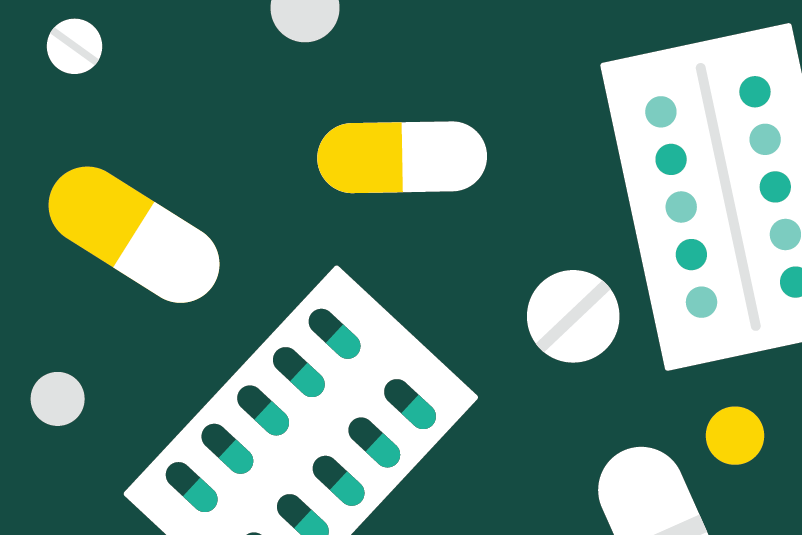#279 What’s under the Mistletoe? Some fun holiday evidence from PEER

Reading Tools for Practice Article can earn you MainPro+ Credits
Join NowAlready a CFPCLearn Member? Log in
- Effect on atopy: 2 cross-over randomized controlled trials (RCTs)1,2of adults with allergic rhinitis or atopic dermatitis who “do not kiss habitually.” Randomized to compare hugging to kissing a lover or spouse freely for 30 minutes while listening to soft music [examples: When You Wish Upon a Star, Love is a Many Splendored Thing, Can You Feel the Love Tonight].
- RCT, 60 individuals:1
- Skin prick test wheal measurement before kissing was ~8mm and ~5.4mm immediately after kissing (statistically different).
- Kissing caused a 30% relative reduction in neurotrophins.
- RCT, 48 individuals:2
- Kissing reduced immunoglobulin-E and 3 out of 5 cytokines.
- Hugging: no effect on any outcome.
- RCT, 60 individuals:1
- RCT exploring kissing and effect on relationship happiness and cholesterol: 52 (50% male, age 19-67) university staff and students randomized to advice to increase kissing with their partner compared to no advice, followed 6 weeks.3
- Advice to kiss included: "Set aside a few minutes each day"; "Kiss each other more often"; Tell your spouse or romantic partner what you have been instructed to do"; "We hope you enjoy this".
- Advice for kissing led to statistically significantly:
- Less relationship conflict compared to control.
- Improved relationship satisfaction (out of 7): 5.6 increased to 6.2, control unchanged.
- Reduced stress (out of 7): 3.6 reduced to 2.9, control unchanged.
- Reduced total cholesterol (4.73 to 4.58mmol/L), control unchanged.
- Observational data suggest attractive people (self-rated) report more kissing and greater kissing satisfaction while older people less satisfied with the amount of kissing.4Cause-and-effect have not been established.
- Kissing should likely be limited to close household contacts during COVID-19 pandemic.
- RCT5of the effect of maternal kissing of “boo-boo’s” was fictitious and not reported here. The fictitious nature was only noted after the article garnered attention.6
- Effect of mistletoe on kissing has not been studied, but any associations may be confounded by eggnog and holiday cheer.















improves relationship